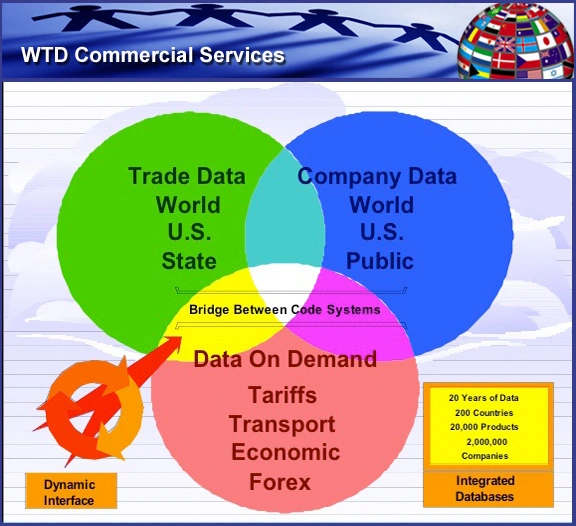From Euromonitor: Desperate Times?: Forecast Revisit for Packaged Food in 2011. Recent events, man-made and natural, are casting doubt on the still vulnerable global economic recovery. US public spending cuts, rampant inflation in China, continued political instability in the Middle East and North Africa, and Japan’s tragic earthquake and tsunami are not only impacting economic prospects worldwide but also the packaged food market specifically.
Articles from ERS/USDA: Rural Income, Poverty, and Welfare. ERS research in this area focuses on the economic, social, and demographic factors that affect the income and poverty status of rural residents and their participation in Federal assistance programs including food assistance programs. Changes in welfare programs may disproportionately affect high-poverty rural areas.
How Americans Rate Their Diet Quality: An Increasingly Realistic Perspective. Over the last 20 years, awareness of diet-related health concerns has become widespread in the United States as obesity, along with its associated human and financial costs, has increased. Americans have become much less likely to rate their diets as “Excellent” or “Very Good” in terms of healthfulness, even though the healthfulness of the American diet has undergone little change over this period. Denial can be helpful sometimes.
Supplemental Nutrition Assistance Program (SNAP) Data System. This article provides time-series data on state and county-level estimates of SNAP participation and benefit levels, combined with area estimates of total population and the number of persons in poverty. SNAP is the Nation’s largest domestic food and nutrition assistance program for low-income Americans. Notable links include:
- Supplemental Nutrition Assistance Program (SNAP) briefing room—A resource for research and analysis about the U.S. Supplemental Nutrition Assistance Program.
- USDA Food and Nutrition Service’s Supplemental Nutrition Assistance Program (SNAP) site—Information for applicants, retailers, governments, researchers, and public advocacy groups.
- Your Food Environment Atlas—Get a spatial overview of a community’s ability to access healthy food and its success in doing so.
Articles from ITCSD: Food Reserves in Developing Countries. Agricultural prices, along with the prices of primary commodities in general, have been both high and volatile over 2006-11. These developments impact the poor and other vulnerable non-farm households who devote a high proportion of their incomes to the purchase of food.
G-20 Set to Share Farm Data, Ag Research. A Group of 20 financial powers met to establish a new agricultural market information system and improved attention on agricultural research. Experts have argued the lack of co-ordinated data on food has been a critical issue in the food price increases of recent years along with lack of productivity growth in developing countries. The G-20 represents 60 percent of world agricultural exports and 70 percent of production.
From OECD: Agriculture: Support to Agriculture at Historic Lows. Government support to agriculture in OECD countries fell to 18% of total farm receipts in 2010, a record low linked to high commodity prices. The OECD argues that growing global food demand, higher prices, more volatile markets and increasing resource pressures are arguments for moving beyond “status quo” policies. Countries should focus on improving farm productivity, sustainability and long-term competitiveness, rather than policies that distort markets. Farm policy should also offer greater support to research, innovation and education.


 15/10/2011
15/10/2011 

























































































































































































































































































































































Comments are closed.